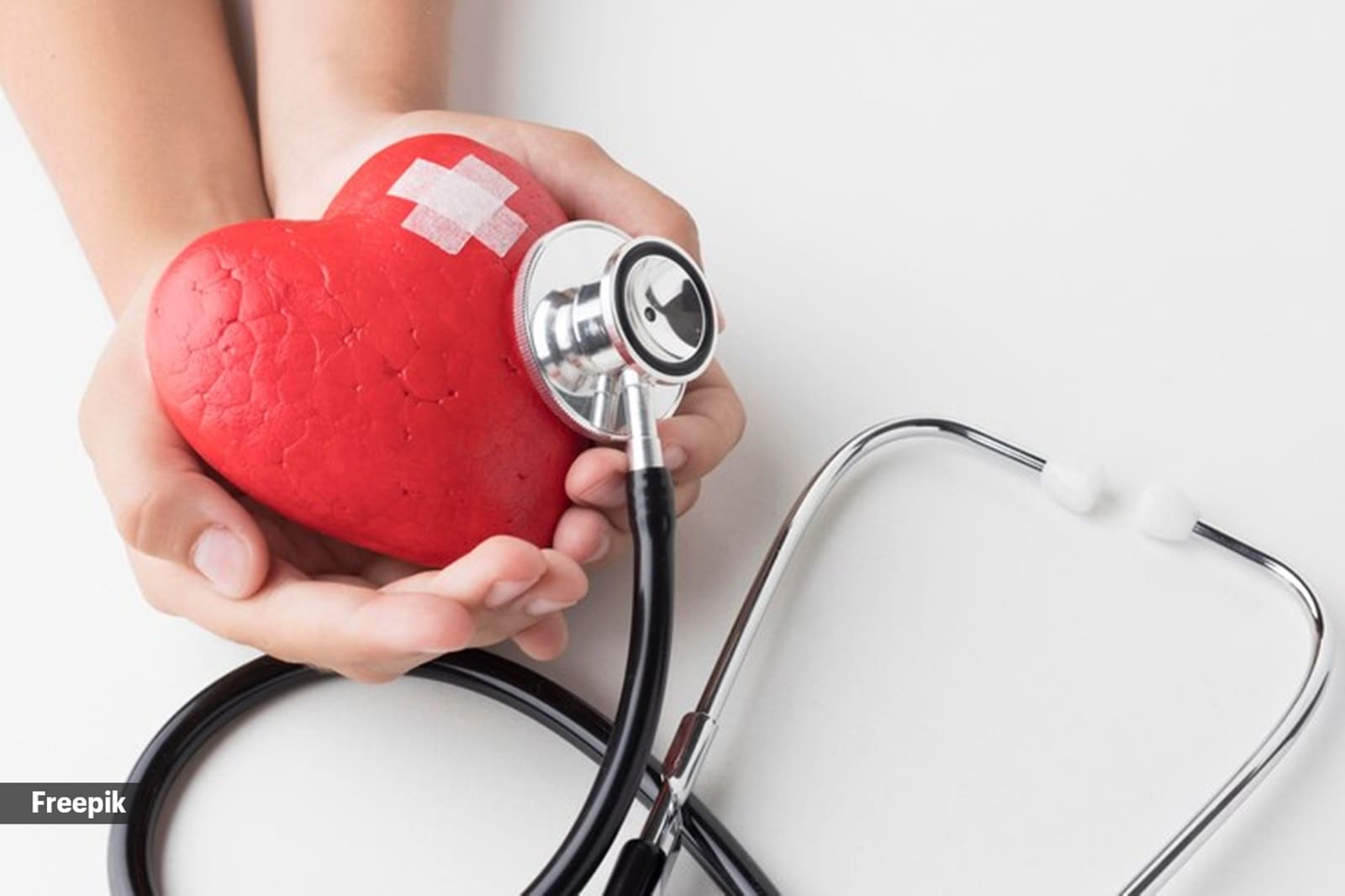Cold showers are often associated with various health benefits, from boosting energy levels to improving circulation. However, this practice may come with certain risks for some individuals, especially those with underlying health concerns.
While the invigorating effects of cold water can be appealing, it’s essential to understand how this sudden temperature change affects the body, particularly for those with cardiovascular conditions. Proceeding with caution is key to ensuring that what may seem like a refreshing start to the day doesn’t lead to unintended health complications.
How cold showers affect your body
Dr Narendra Singhla, Lead Consultant in Internal Medicine at the CK Birla Hospital, Delhi, explains that cold showers work by exposing the body to sudden temperature changes. This causes the blood vessels to constrict, a process known as vasoconstriction. This increases blood pressure and forces the heart to work harder to maintain circulation.
While this effect may benefit circulation for healthy individuals, it can be harmful for people with heart conditions. Dr Singhla notes that the sudden cold shock triggers noradrenaline release, increasing heart rate and blood pressure, which can be dangerous for those with cardiovascular issues.
 What are some alternative approaches for heart patients? (Source: Freepik)
What are some alternative approaches for heart patients? (Source: Freepik)
According to Dr. Singhla, cold showers can pose significant risks for individuals with heart conditions for several reasons:
- Increased Heart Rate and Blood Pressure: Dr Singhla explains that cold water exposure causes a rapid increase in heart rate and blood pressure, which can be problematic for individuals with hypertension or weakened hearts. This increased cardiovascular strain can lead to heart attacks or arrhythmias.
- Vasoconstriction: As Dr Singhla points out, the body’s natural response to cold is to constrict blood vessels to maintain core body temperature. For people with heart disease, this constriction can limit blood flow to critical areas like the heart and brain, increasing the risk of a heart attack or stroke.
- Stress on the Cardiovascular System: Dr Manjusha Agarwal, Senior Consultant–Internal Medicine, Gleneagles Hospitals, Parel, Mumbai, emphasises that the additional cardiovascular strain caused by cold showers may prove too much for individuals with pre-existing heart conditions. This strain can result in shortness of breath, chest pain, or even cardiac arrest.
What are some alternative approaches for heart patients?
Dr Singhla suggests safer alternatives to cold showers for those with heart conditions:
- Lukewarm Showers: According to Dr Singhla, lukewarm water can stimulate circulation without placing excess strain on the heart. This option is also effective in relaxing muscles and improving mental clarity without the risks associated with cold water.
- Contrast Showers: Dr Singhla recommends contrast showers, alternating between warm and cold water. This method can help improve circulation, but individuals with heart conditions should consult their healthcare provider before trying it.
DISCLAIMER: This article is based on information from the public domain and/or the experts we spoke to. Always consult your health practitioner before starting any routine.



